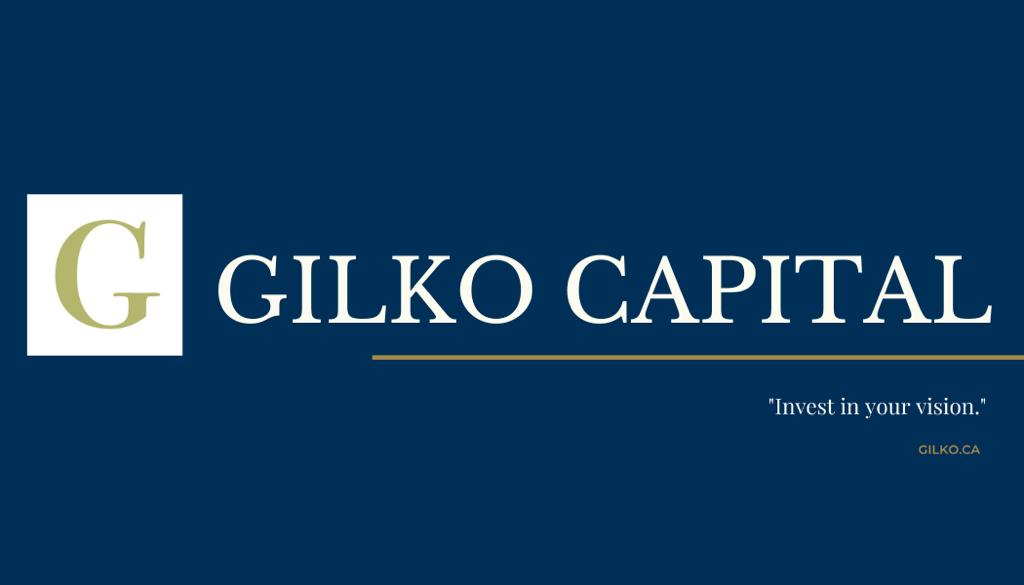Real estate developers seeking financing for ground-up development projects, such as building a new office building or apartment complex, face unique challenges compared to those seeking financing for existing properties. Financing new construction requires a different approach and understanding of the process. In this article, we will explore the key aspects of real estate development financing that developers need to know.
- Types of Development Financing
Real estate developers have several options for financing their projects, including:
Traditional bank loans:
These loans come with a lower interest rate than other forms of financing but may require a high credit score and a significant down payment.Mezzanine financing:
This type of financing is often used to supplement a traditional bank loan. It comes with a higher interest rate but requires less collateral than a traditional bank loan.Private equity:
This type of financing is often used for large projects that require a significant amount of capital. Private equity investors typically provide funding in exchange for an ownership stake in the project.Crowdfunding:
This type of financing is becoming increasingly popular for real estate development projects. Crowdfunding allows developers to raise funds from a large number of individual investors.
- Understanding the Loan-to-Cost Ratio
When seeking financing for a development project, developers need to understand the loan-to-cost ratio (LTC). The LTC is the ratio of the total loan amount to the total cost of the project. Lenders typically require a certain LTC, which can vary depending on the lender and the project.
- Preparing a Strong Development Plan
Developers need to have a strong development plan that includes detailed plans for the project, including construction plans, timelines and budgets. Lenders will use this plan to determine the viability of the project and whether it is worth investing in.
- Risks and Mitigation Strategies
Real estate development projects come with inherent risks, such as cost overruns, delays, and changes in market conditions. Developers need to have a clear understanding of these risks and develop mitigation strategies to minimize them. Lenders will want to see that developers have considered these risks and have a plan in place to mitigate them.
- Finding the Right Lender
Finding the right lender for a development project is critical. Developers need to work with a lender who understands the unique challenges of real estate development financing and can provide the necessary funding to make the project a success. It is essential to do research and find a lender who has experience in financing similar projects.
In conclusion, real estate development financing requires a unique approach and understanding of the process. Developers need to understand the different types of financing available, the loan-to-cost ratio, how to prepare a strong development plan, the risks involved and how to find the right lender. With careful planning and research, developers can secure the financing they need to bring their projects to life.

